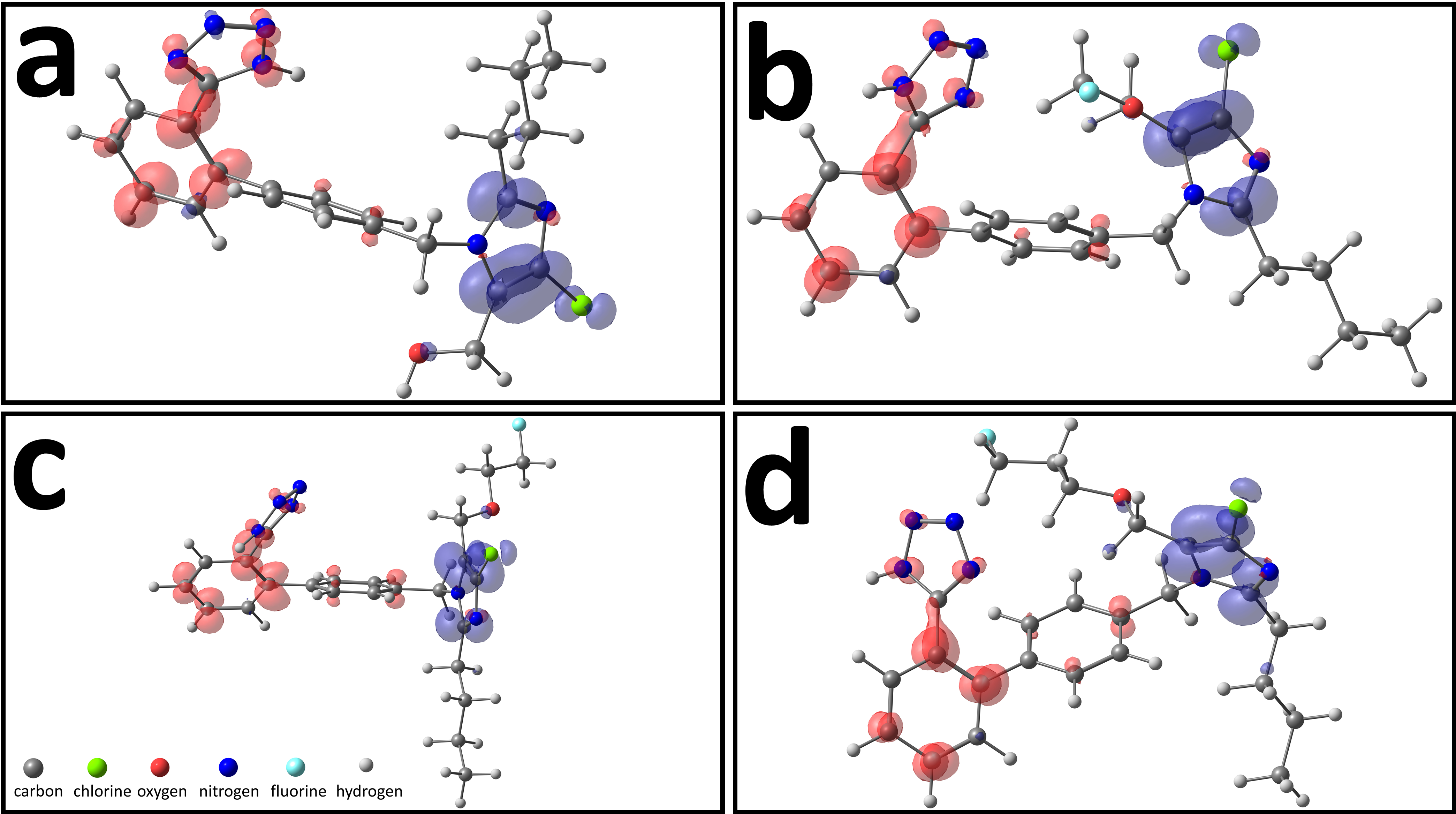About me
Hi there! My name is Alejandro Martínez León, and I’m a radiochemist with a passion for computational chemistry and biophysics. While my background is in radiochemistry, my recent research and studies have focused heavily on computational chemistry, particularly in the realm of biophysics. I believe that understanding chemistry is the key to understanding life itself, which is why I’ve devoted myself to exploring the fascinating world of computational chemistry. From molecular mechanics to quantum chemistry and everything in between, I’ve spent years honing my skills and expanding my knowledge in this exciting field. My dream is to use these techniques to develop new drugs and diagnostic tools that can help combat some of the world’s most pressing health challenges.
I’m always excited to collaborate and share my work with others, and I strongly believe in the power of open-source technology to advance scientific progress.
When I’m not in the lab, you can find me playing guitar and jamming out to my favorite music.
If you share my passion for computational chemistry and biophysics or just want to chat about science and music, feel free to reach out!
- MD Simulations
- Enhanced Sampling Techniques
- Free Energy Calculations
- Drug Design
- Programming
PhD in Biophysics | MSCA-fellowship, present
Saarland University, Saarbrücken
Master in Radiochemistry, 2018–2020
Higher Institute of Technologies and Applied Sciences, University of Havana, Cuba
Bachelor in Radiochemistry, 2013–2018
Higher Institute of Technologies and Applied Sciences, University of Havana, Cuba
Experience
Visiting the James C. Gumbart’s lab at the School of Physics.
- Advisor: James C. Gumbart.
Training on QM/MM methods for proton transport simulations on relevant biophysical systems. On the Fritz Haber Center for Molecular Dynamics.
- Advisor: Noam Agmon.
Engaging on in silico lead generation, and optimization of small molecules.
- Advisor: Aniket Magarkar.
Education

The research focuses on applying advanced computational techniques to drug development for critical diseases. It involves simulating and modeling biological systems to understand disease mechanisms and optimize therapeutic agents. The goal is to contribute to effective treatments by integrating computational methods with biophysical principles.
Part of the Innovative Training Networks (ITN-ETN) under the Marie Skłodowska-Curie Action (H2020-MSCA-ITN-2019). Hosted by the Biophysics Group of Prof. Jochen S. Hub at the University of Saarland (2020.10.01-2023.10.31). The research focused on understanding the inhibition and permeation mechanisms of the Plasmodium falciparum formate-nitrite transporter. By employing Molecular Dynamics simulations and advanced computational techniques. Additionally, the project involved the development and implementation of novel methods for estimating binding free energies of small molecules.
- Advisor: Jochen S. Hub
- Scholarship from: Marie Skłodowska-Curie Actions

Specializing in computational methods, the research combined chemoinformatics tools and quantum chemistry techniques. This approach led to the identification of potential inhibitors of AT1R, which have potential as both therapeutic agents and positron emission tomographic (PET) radiopharmaceuticals labeled with 18F.

Proficiency in a range of scientific techniques was developed during the Bachelor’s program in radiochemistry (BAC+5), including the use of advanced computational tools such as Density Functional Theory (DFT) and chemoinformatics methods. The research project focused on developing new positron emission tomography (PET) radiopharmaceuticals for diagnosing and monitoring cardiovascular and oncoproliferative diseases. DFT calculations were employed to evaluate the stability and reactivity of various compounds, leading to the identification of the most promising candidates for further study. The research was presented at several conferences, and the degree was awarded with honors, ranking first in the class.